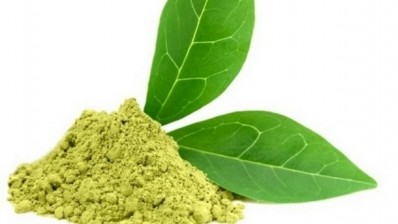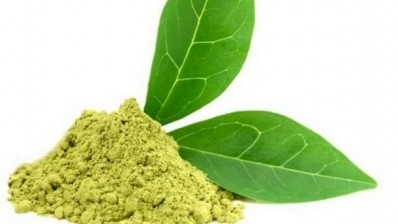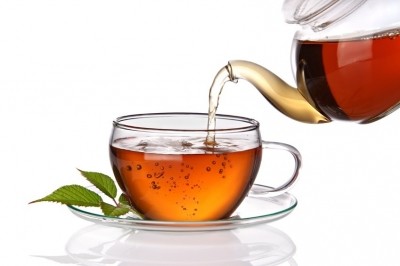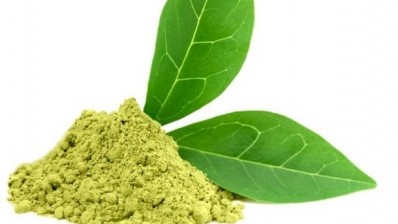JAPAN
RCT data links Benifuuki green tea variety to healthier heart
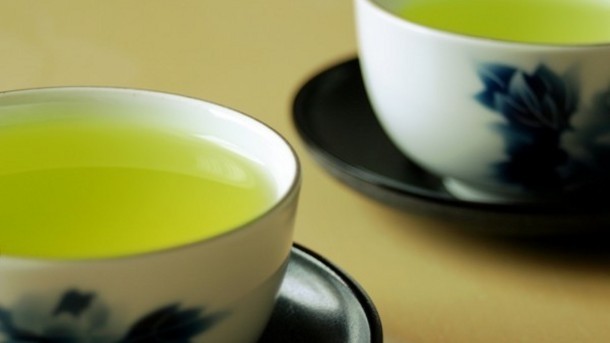
The double-blind, placebo-controlled, randomised trial tested the effects of two varieties of green tea and a barley infusion on cardiovascular disease risk markers, specifically on LDL and total cholesterol.
Published in the Journal of Functional Foods, the trial is the first report on the effect of methylated catechins – which are found in uniquely high levels in the Benifuuki variety - on lipid metabolism in humans, said the team behind the trial.
“Among the three groups, only the Benifuuki group showed a significant decrease in the serum cholesterol and LDL cholesterol levels at the end of the study compared with those at baseline,” reported the team, led by senior author Toshiaki Hanafusa of Osaka Medical College.
“Thus, consumption of Benifuuki green tea may help prevent cardiovascular diseases by lowering serum LDL cholesterol and LAB levels,” they wrote.
Methylated catechins
The Japanese researchers noted that green tea catechins, one of the polyphenols present in green tea, are found in four main forms: (−)-epicatechin (EC), (−)-epigallocatechin (EGC), (−)-epigallocatechin-3-O-gallate (EGCG), and (−)-epicatechin-3-O-gallate (ECG).
“The composition of catechins in green tea varies depending on the source of the tea leaves, cultivation conditions, and processing,” said the team – noting that Benifuuki tea (Camellia sinensis var. Benifuuki) not only contains EGCG but also O-methylated EGCG “in abundance.”
“The latter is absent in Yabukita, which is consumed the most in Japan,” added Hanafusa et al, who noted that previous studies have suggested that O-methylated EGCG is absorbed more efficiently than EGCG and has a high retention in the blood:
“Hence, [O-methylated EGCG] is expected to have higher physiological activity,” the team suggested.
Greet tea trial
The study randomized 155 participants who met the inclusion criteria in to three groups that were given either Benifuuki green tea, Yabukita green tea, or a barley infusion for 12 weeks.
“Benifuuki green tea was used as the active test tea, and Yabukita green tea or barley infusion as the placebo tea,” said the authors – who added that all three types of teas were manufactured by Asahi Soft Drinks, Co., Ltd, Japan.
At the end of the 12-week study, serum LDL cholesterol levels in the Benifuuki-consuming participants were significantly lower than those in barley infusion-consuming participants without a green tea habit
“Furthermore, the lectin-like oxidized low-density lipoprotein receptor-1 containing apolipoprotein B (LAB) levels in Benifuuki drinkers were significantly lower than those in the barley infusion group and the Benifuuki baseline LAB level,” wrote the authors.
“Given the above findings, we hypothesize that Benifuuki reduces the risk for cardiovascular disease through its total cholesterol- and LDL cholesterol-lowering effects, and its effects on LAB, soluble LOX-1, and the LOX-index, which were used as parameters for atherosclerosis,” they concluded.
Source: Journal of Functional Foods
Volume 25, August 2016, Pages 25–37, doi: 10.1016/j.jff.2016.05.004
“Benifuuki” green tea, containing O-methylated EGCG, reduces serum low-density lipoprotein cholesterol and lectin-like oxidized low-density lipoprotein receptor-1 ligands containing apolipoprotein B: A double-blind, placebo-controlled randomized trial
Authors: Hisashi Imbe, et al
